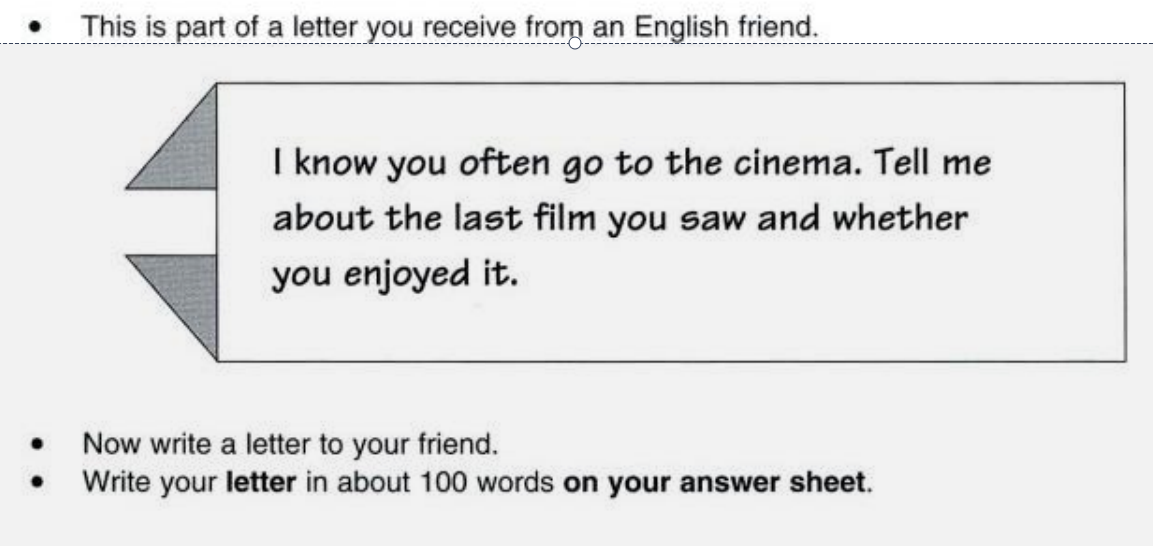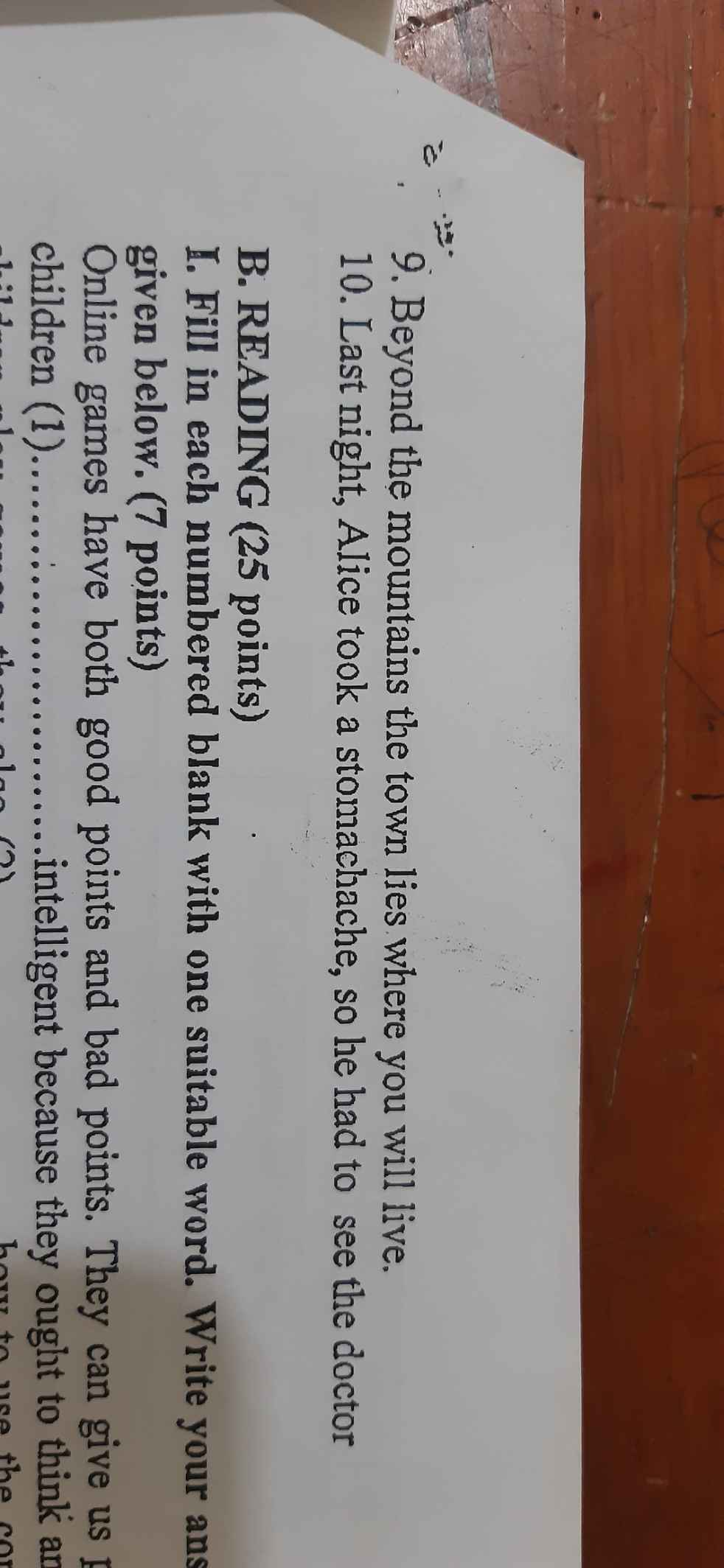Nói về chủ đề a dish you like best
K
Khách
Hãy nhập câu hỏi của bạn vào đây, nếu là tài khoản VIP, bạn sẽ được ưu tiên trả lời.

PN
0

DV
0


TT
0


